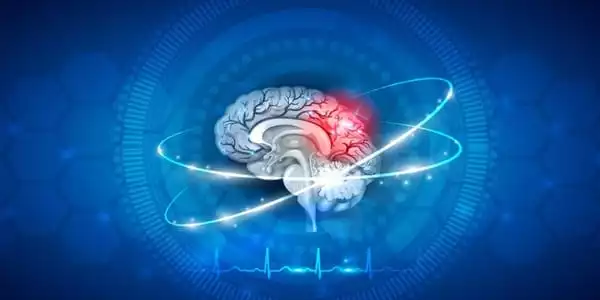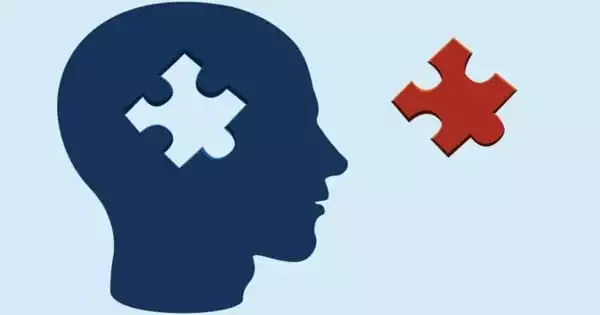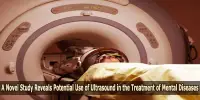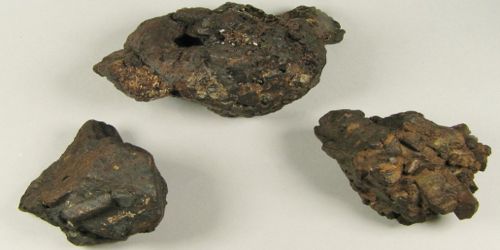Depression, dizziness, difficulties focusing the gaze, and balance issues are all symptoms. Many professional players who have suffered brain trauma in sports have long-term problems that interfere with their daily lives. Because the cause was unknown, little assistance was available. A clinical investigation from Lund University in Sweden has recently shown that the difficulties stem from a vestibular nerve damage.
Athletes that participate in contact sports such as ice hockey, football, and skiing are more likely to experience a head injury. The athlete may sustain a concussion if the hit is severe enough. Even small head injuries might have major ramifications. The issues have come to light in American football, where players who have had multiple concussions have experienced dementia, severe depression, and cognitive impairment.
A traumatic brain injury is typically caused by a forceful blow or jolt to the head or body. Traumatic brain injury can also be caused by an object that passes through brain tissue, such as a gunshot or fractured piece of skull. Mild traumatic brain injury can momentarily alter your brain cells. More acute traumatic brain injury can cause bruising, torn tissues, bleeding, and other physical brain damage. These injuries can cause long-term consequences or even death.
Many concussion symptoms are transient, but a rising number of athletes endure long-term issues that make it impossible to work, go to school, or play sports. Headaches, depression, anxiety, nausea, difficulties concentration, and balance problems are some of the symptoms that are exacerbated by activity or impressions.
It is unclear what causes the symptoms, making it tough for healthcare practitioners to assist these athletes. We wanted to look into it further to find out what was causing the symptoms.
Professor Niklas Marklund
“It is unclear what causes the symptoms, making it tough for healthcare practitioners to assist these athletes. We wanted to look into it further to find out what was causing the symptoms” Niklas Marklund, professor of neurosurgery at Lund University, consultant at Skne University Hospital with a scientific interest in sports-related brain injuries, and one of the researchers behind the report, states.
The study had 42 participants in total. The first group consisted of 21 healthy athletes with no previous head injuries, whereas the second group consisted of 21 athletes who had all suffered from sports-related concussions and had been experiencing symptoms for longer than six months. All of the participants were subjected to a battery of tests in which the researchers checked their balancing organs, among other things. The players’ brains were investigated using a 7-Tesla MRI to learn more about what caused the symptoms. The researchers discovered reduced function of the balance organs in the inner ear of 13 athletes with long-term issues. Three people in the healthy athlete group had comparable findings.

“The findings of the tests indicate that the injury is to the vestibular nerve, which is related to the semicircular canals in a cavity inside the skull and is directly adjacent to the cochlea in the ear. Because of these injuries, inward nerve impulses do not function properly, and the brain does not receive important information about body movements and sensory impressions required to maintain good balance” According to Anna Gard, a doctoral student at Lund University, a resident in neurosurgery at Skne University Hospital, and the study’s first author.
A concussion is a brain injury that causes a momentary loss of normal brain function. It is medically defined as a clinical syndrome characterized by acute and transitory changes in brain function, including changes in mental status or degree of consciousness, as a result of mechanical force or trauma. When you have a concussion, it’s usually because your head moves too quickly, like when you’re tackling in ice hockey.
Concussions can be caused by direct damage to the head, such as falling, being hit, or being in an accident. They can also arise as a result of fast head acceleration and deceleration, such as in whiplash injuries or explosion injuries in a combat zone. Many people assume that concussions involve passing out or a loss of consciousness, but this is not true. In many cases, people with a concussion never lose consciousness. In several cases, external signs of head trauma, such as bleeding, may also be absent.
“We have not investigated athletes who have experienced short-term issues as a result of head injuries, therefore we cannot comment on them. This study is for athletes who have persistent symptoms following a concussion. The rotation of the head that happens as a result of a concussion may strain the vestibular nerve, resulting in reduced function. Now that we know where the problems are, it is easier to uncover potential medications that could benefit these athletes” Niklas Marklund concludes.
















